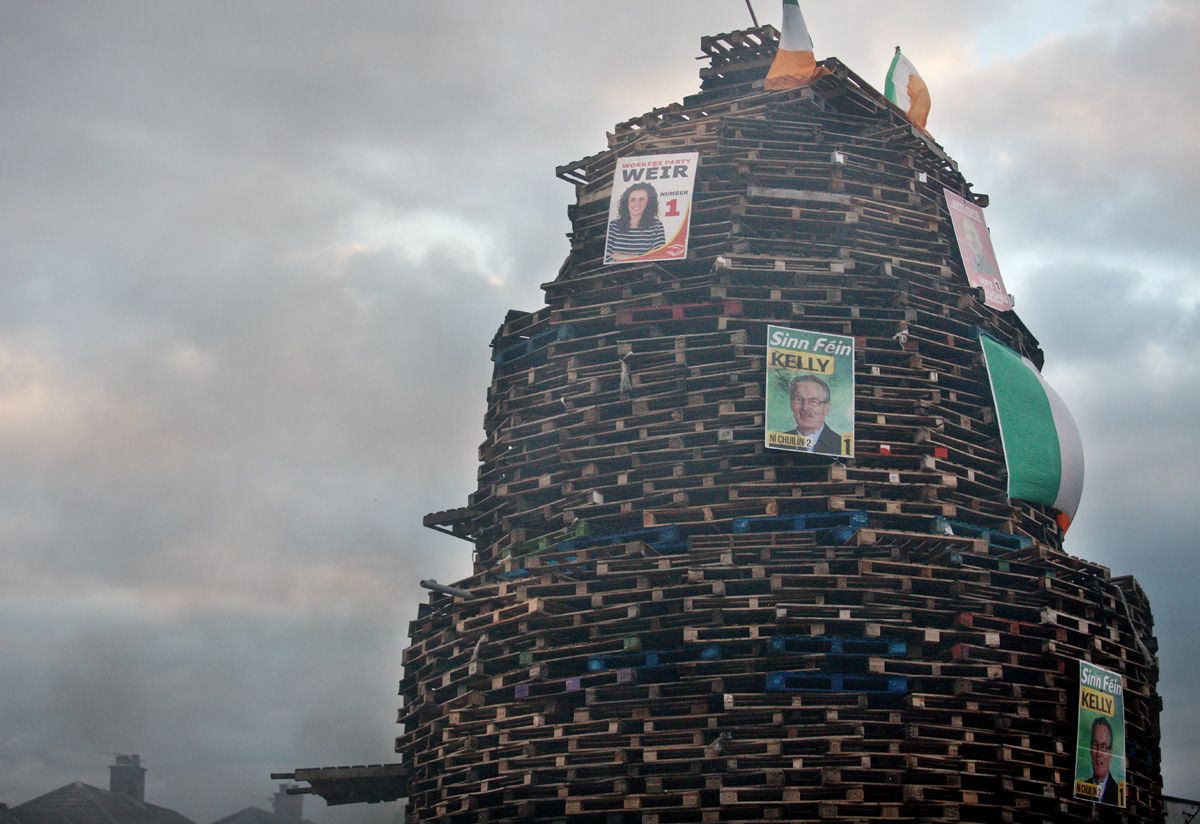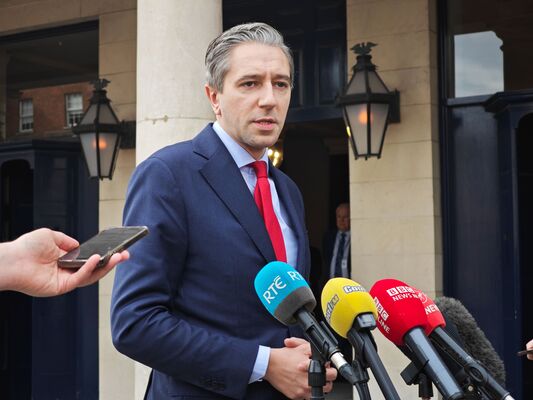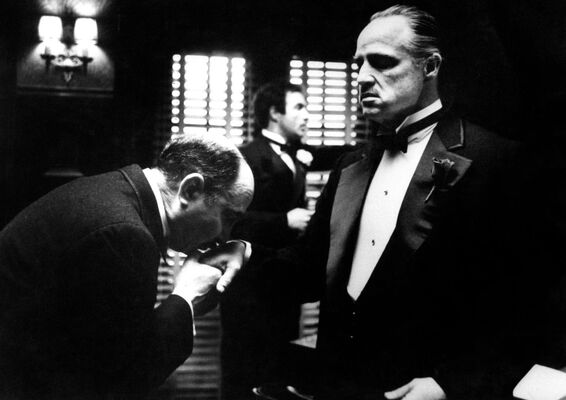"WHEN I hear the word culture, I reach for my gun." These words were first spoken by a character in a play written by Hanns Johst, who was a Nazi supporter. Some people say it was Goering or Goebbels who said it, but some people don’t know what they’re talking about.
As to what was said, it does seem a rather extreme reaction to a simple word. When we think of culture, most of us think of paintings or music or literature or dance – art forms that comment on or celebrate an aspect of life. You probably don’t think of heaped pallets or flags or posters of politicians or scrawled signs like 'ATAT', which I’m told stands for ‘All Taigs are Targets'. Or of flaming bonfires that consume pallets and posters and flags and signs, and risk property damage and inflict environmental damage. Yet those who go to pains to construct the bonfires insist that this is their culture and that it is under attack by those who detest it.
That’s not how most nationalists see these bonfires. They see them as primitive hatred and a desire to repulse and/or dominate anyone different.
I tend to agree with that latter view, as you probably do as well, but let’s be careful. There is something fascinating about staring into a fire. When I was a teenager, I’d sit up late reading beside the fireplace, my eyes moving from page to loaded grate. There was something magical about that world of licking flames and glowing coals that burned until they had reduced themselves to dull ash.
If you’re a racist, driving people from their homes, or sectarian bigot, burning effigies, posters, flags or signs denigrating individuals or specific groups based on religion or identity you are pathetic.
— Doug Beattie (@BeattieDoug) July 12, 2024
If you think that minority defines my community you are equally pathetic. pic.twitter.com/QyCmNGgRcd
In search of understanding, I asked ChatGPT to explain Eleventh Night bonfires to me. With only a moment’s pause, the Artificial Intelligence (AI) system listed five reasons why bonfires meant so much to unionists.
The first was 'Historical and Cultural Tradition'. It marked, I was told, the victory of the Protestant King William over Catholic King James in 1690. Not many people know that.
The second reason the bot gave me was ‘Identity and Community’. "The events bring people together and reinforce a sense of belonging," I was told.
Yes, but doesn’t it repulse others, or even demonise them?
‘Symbolism’ was the third reason my AI tool coughed up. The bonfire signalled the triumph of light over dark, of William over James, of "freedom and religious rights". With the light, presumably, coming from the bonfires and darkness coming from anyone who might think differently.
‘Celebration and Festivity’ was the fourth reason – “with gatherings, music and festivities”. I wonder if lager-quaffing is an unspoken part of ‘festivities’.
The fifth and final reason was ‘Political Expression’ of unionist and loyalist sentiment. At the same time, ChatGPT does concede that these bonfires "sometimes cause tension between different communities".
Ah. Sometimes ChatGPT is like a tube of toothpaste: you have to keep squeezing until you get to the substance of things.
Oddly enough, while this year saw the usual bonfires, flags and threats against ‘Taigs’, it’s been a comparatively quiet Twelfth. Maybe at last young people living in loyalist communities have begun to grow weary of bowler hats and banners, drum-thumping and triumphalism.
Maybe some loyalist communities are beginning to see the metaphor built into their bonfires. A huge pyramid, lovingly erected and then painted in red, white and blue, adorned with posters of political enemies, which is then set alight, totally destroyed by its creators.
Could there be a better parallel to the history of our own little seething stateen?








